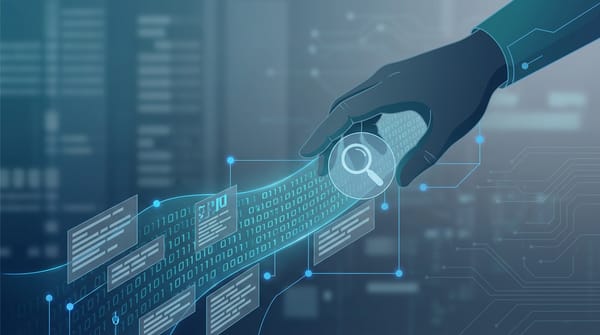Forecasting eLearning: What to Expect in 2025
Explore the future of eLearning as we delve into the transformative trends shaping educational technology in 2025.
The Rise of AI-Powered Personalization in eLearning
As we step into a new era of digital education, AI-powered personalization stands at the forefront of eLearning trends for 2025. Innovative algorithms are crafting personalized learning paths, offering content tailored to individual learners' abilities, learning styles, and preferences. This human approach not only supports learners by providing a bespoke educational experience but also helps educators by offering insightful data to optimize teaching strategies.
The empathetic application of AI in eLearning resonates with the innate human desire for learning experiences that acknowledge individuality. By championing supportive and helpful technologies, AI personalization is transforming the educational landscape, making learning more accessible, enjoyable, and effective for everyone.
Immersive Learning Experiences: The Impact of VR and AR
Immersive learning experiences through VR (Virtual Reality) and AR (Augmented Reality) are set to redefine educational engagement in 2025. These technologies create a vibrant, interactive environment where learners can practically apply knowledge in simulated real-world scenarios. The supportive nature of VR and AR in eLearning fosters a positive and informative atmosphere, enhancing the retention of information and allowing learners to explore complex concepts in a safe, controlled space.
Innovative eLearning solutions are leveraging immersive technologies to provide hands-on training and complex problem-solving experiences. This not only helps learners to develop critical skills but also supports instructional designers and eLearning developers in creating content that is both impactful and memorable.
The Expansion of Microlearning and Mobile-First Strategies
Microlearning and mobile-first strategies are expected to expand significantly by 2025, with eLearning becoming more bite-sized and accessible. These trends cater to the modern learner's lifestyle, offering concise, targeted content that can be consumed on-the-go. Supportive of the human need for flexible and efficient learning, these strategies embody an innovative approach to education, breaking down complex subjects into manageable, mobile-friendly modules.
The helpful nature of microlearning modules aligns with our busy lives, enabling learners to improve skills and knowledge without overwhelming their schedules. This trend reflects the positive and educational brand voice, aiming to facilitate personal and professional growth in the most user-friendly way possible.
Adaptive Learning Technologies and Data-Driven Instruction
Adaptive learning technologies are set to revolutionize eLearning in 2025 by offering data-driven instruction that responds to learner performance in real-time. This educational trend exemplifies an innovative and supportive approach to learning, where technology adapts to the progress of each learner, ensuring that instructional material remains challenging yet achievable.
Data-driven insights empower educators to tailor their content to meet the needs of their audience better, fostering a more empathetic and human connection within the digital learning space. The positive implications of these technologies are vast, promising a more personalized and effective learning experience that resonates with every individual's unique learning journey.
Sustainability and Green Learning Initiatives in eLearning
Sustainability and green learning initiatives are anticipated to gain traction in the eLearning sector by 2025. These initiatives reflect a commitment to creating educational content and platforms that are not only innovative but also environmentally responsible. The integration of sustainable practices into eLearning demonstrates a supportive and positive outlook, ensuring that the industry contributes to the wellbeing of our planet.
By prioritizing green learning, eLearning providers can help build a more sustainable future, offering courses that educate and inspire action on environmental issues. This trend is a testament to the eLearning industry's capacity to be a helpful and human force for good, driving change through education and awareness.




